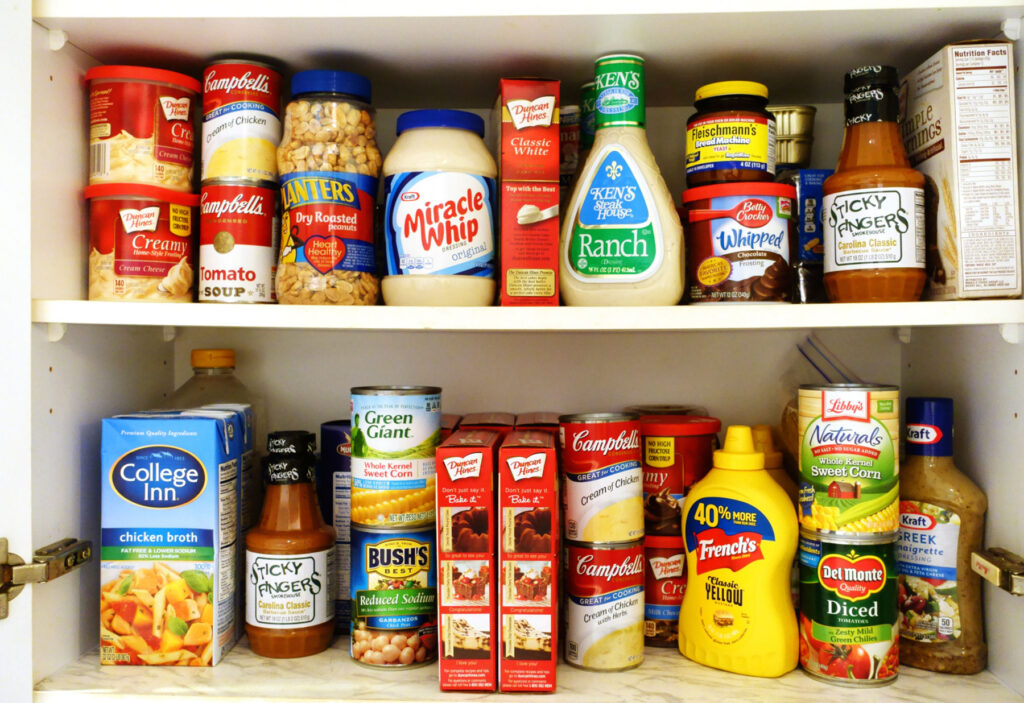Unhealthy processed foods are a big part of modern diets, but they can have negative effects on our overall health. These foods are often convenient, but they tend to be high in unhealthy ingredients that can harm your body over time. In this article, we’ll explore why processed foods are unhealthy and why making the choice to avoid them can lead to better health and well-being.
What Are Processed Foods?
Processed foods are foods that have been altered from their natural form to last longer, taste better, or be easier to prepare. These changes make the food more convenient and help it stay fresh for longer by adding preservatives. Common examples of processed foods include packaged snacks, canned vegetables, frozen meals, and sugary drinks.
The rise of processed foods began in the early 20th century, as technology advanced and food production methods improved. With the invention of refrigeration and better packaging techniques, food could be mass-produced and stored easily.
Over time, these foods became more accessible and affordable, leading to their widespread use in many households around the world. However, as they became more common, concerns began to grow about the health effects of consuming too many processed foods.
My Experience with Processed Foods
When I lived in Korea for the first 10 years of my life, processed foods were hardly a part of our diet. Back then, we mostly ate home-cooked meals that my mother lovingly prepared for us. So, none of our family members had weight problems or serious health issues. In fact, I didn’t know many people in our community who struggled with chronic health problems like we do today.
But when we moved to the U.S., things changed. We started eating a lot more processed foods, not realizing the negative effects they could have on our health. Soon, many of my family members began to struggle with weight gain and diseases like diabetes. My mother, in particular, gained a lot of weight and developed diabetes after consuming a lot of processed foods.
Growing up, I never thought twice about what processed foods were or what went into them. They were everywhere, and it never occurred to me how harmful they could be. It’s only now that I realize how much of an impact they’ve had on our health.
Looking back, I realize how much healthier we were when we mostly ate homemade, whole foods. Life was different without all the processed foods.
Widespread Consumption of Processed Foods

Processed foods are everywhere in today’s world. You can find them in grocery stores, fast-food restaurants, and they’re often marketed as quick and easy options. Because of their convenience, many people choose them for meals and snacks. In fact, processed foods make up a large portion of many people’s diets, especially in busy, modern lifestyles.
With their widespread availability, people have consumed more processed foods over the years. Many foods we eat daily, like chips, sugary drinks, and frozen meals, are processed. It’s not just snacks—bread, sauces, and even canned vegetables also contain processed ingredients. As a result, processed foods have become a regular part of many diets, making them harder to avoid.
Negative Effects on Our Health
Although processed foods are convenient, they can have numerous negative effects on our health. They often contain added sugars, unhealthy fats, and salt. These ingredients can cause weight gain, high blood pressure, and other health problems. Eating too many processed foods also raises the risk of chronic conditions like heart disease.
These foods may lack the essential nutrients your body needs, like vitamins and minerals, making it harder to stay healthy. Over time, relying on processed foods can cause you to feel sluggish, tired, and even affect your mood. It’s important to be mindful of what you eat and try to limit processed foods to maintain a healthier lifestyle.
How to Avoid Processed Foods

Avoiding processed foods can be easier than you think. Start by focusing on eating whole, natural foods like fruits, vegetables, whole grains, and lean proteins. They give your body the nutrients it needs and leave out the added sugars, unhealthy fats, and chemicals found in processed foods.
To avoid processed foods, try cooking more at home. Preparing meals from scratch allows you to control what goes into your food. When shopping, stick to the outer aisles of the grocery store where you’ll find fresh produce, meats, and other whole foods. Avoid the middle aisles, which tend to be full of processed snacks and ready-made meals.
Another way to cut back on processed foods is to read food labels carefully. Look for items with fewer ingredients and choose options with natural ingredients whenever possible. By making these small changes, you can reduce your intake of processed foods and enjoy a healthier diet.
Improving Our Health

Processed foods, including everything from bread to snacks and desserts, are hard to resist. However, they come with health risks that can affect our well-being over time. It’s important to be mindful of what we eat and make healthier choices whenever possible.
By focusing on fresh, whole foods and cutting back on processed options, we can improve our health and live a more balanced lifestyle. Small changes in our diet today can lead to big rewards in the future.














